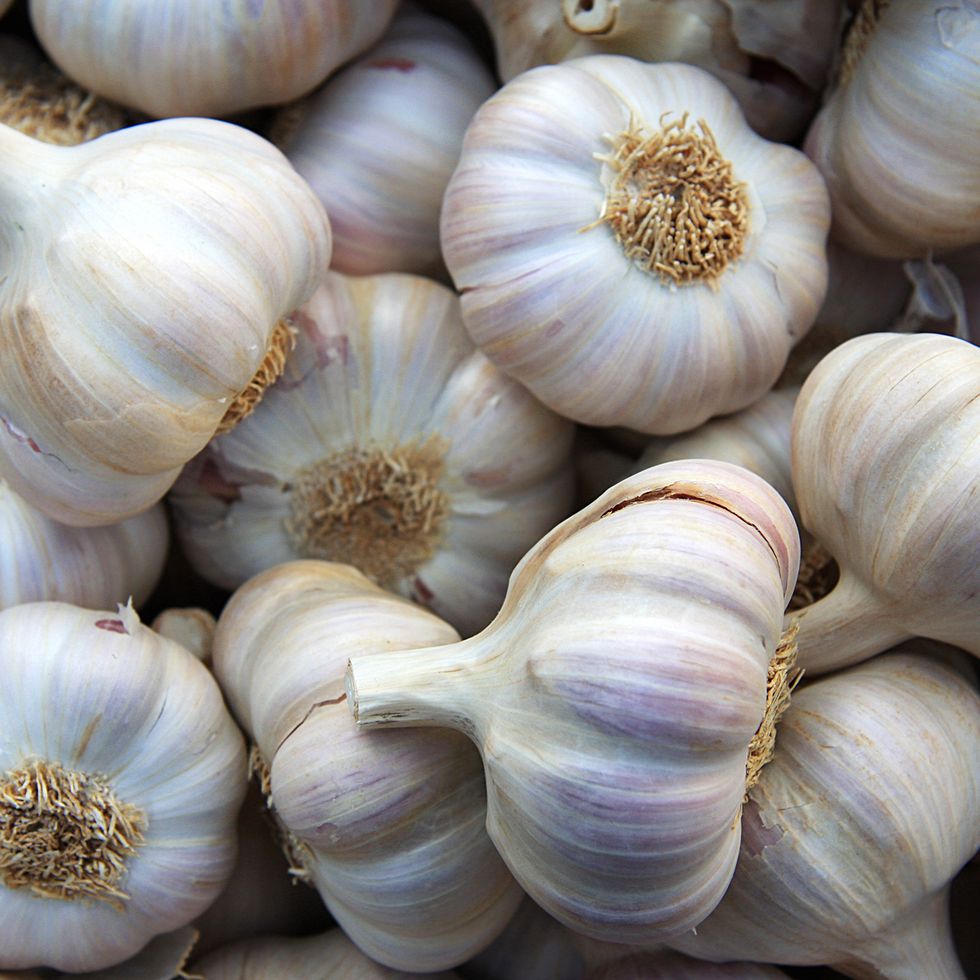GLP-1 stands for glucagon-like peptide-1, a hormone naturally produced in the gut. It plays an important role in blood sugar regulation and appetite control. GLP-1 drugs mimic this hormone, leading to:
- Slower digestion → food stays in the stomach longer, so you feel full for longer.
- Reduced appetite → fewer cravings and smaller portion sizes.
- Better blood sugar balance → less risk of spikes and crashes that trigger hunger.
This combination can make it easier for people to eat less and lose weight.
The Pros of GLP-1 Weight Loss Drugs
- Effective for many people: Clinical trials show significant weight loss, often more than with lifestyle changes alone.
- Improved blood sugar control: Particularly helpful for people with type 2 diabetes.
- Can reduce health risks: Weight loss may help lower the risk of heart disease, high blood pressure, and other metabolic conditions.
The Cons and Considerations
- Side effects: Nausea, vomiting, constipation, diarrhoea, and abdominal pain are common. Some people also report fatigue and mood changes.
- Nutrient absorption: Slowed digestion may impact how well the body absorbs certain nutrients.
- Dependency: Once the medication is stopped, appetite usually returns to normal, and weight regain is common unless diet and lifestyle changes are in place.
- Long-term safety unknown: While short-term studies are promising, the long-term effects of these drugs are not fully understood.
- Cost & access: These medications can be expensive and are not always easily available on prescription unless criteria are met.
Natural Alternatives and Supportive Approaches
While GLP-1 drugs may help in the short term, they don’t address the root causes of weight gain. A more sustainable approach involves supporting the body’s own natural GLP-1 production and focusing on long-term habits. Some evidence-based strategies include:
- Eat more protein and fibre: Both slow digestion and increase fullness, naturally supporting appetite regulation.
- Prioritise gut health: A balanced microbiome can influence hormones like GLP-1. Foods rich in prebiotics (onions, garlic, asparagus) and probiotics (live yoghurt, kefir, sauerkraut) may help.
- Manage stress: High stress and cortisol levels can drive cravings and belly fat storage. Practices like yoga, meditation, or even regular walks can help.
- Balance blood sugar: Avoiding highly processed carbs and including protein with each meal can prevent the blood sugar highs and lows that trigger hunger.
- Quality sleep: Poor sleep is linked to reduced GLP-1 production and increased appetite hormones.
- Regular movement: Exercise not only burns calories but also improves insulin sensitivity and hormone balance.
The Bottom Line
GLP-1 weight loss drugs can be an effective tool for some people, particularly those with obesity-related health risks or type 2 diabetes. However, they come with side effects, are not a permanent fix, and don’t replace the foundations of good health.
If you’re considering them, it’s important to do so under medical supervision — but also to remember that your lifestyle choices, diet, gut health, stress levels, and sleep play just as big a role. For many people, focusing on natural ways to support appetite regulation and hormone balance can provide lasting results without the downsides of medication.




